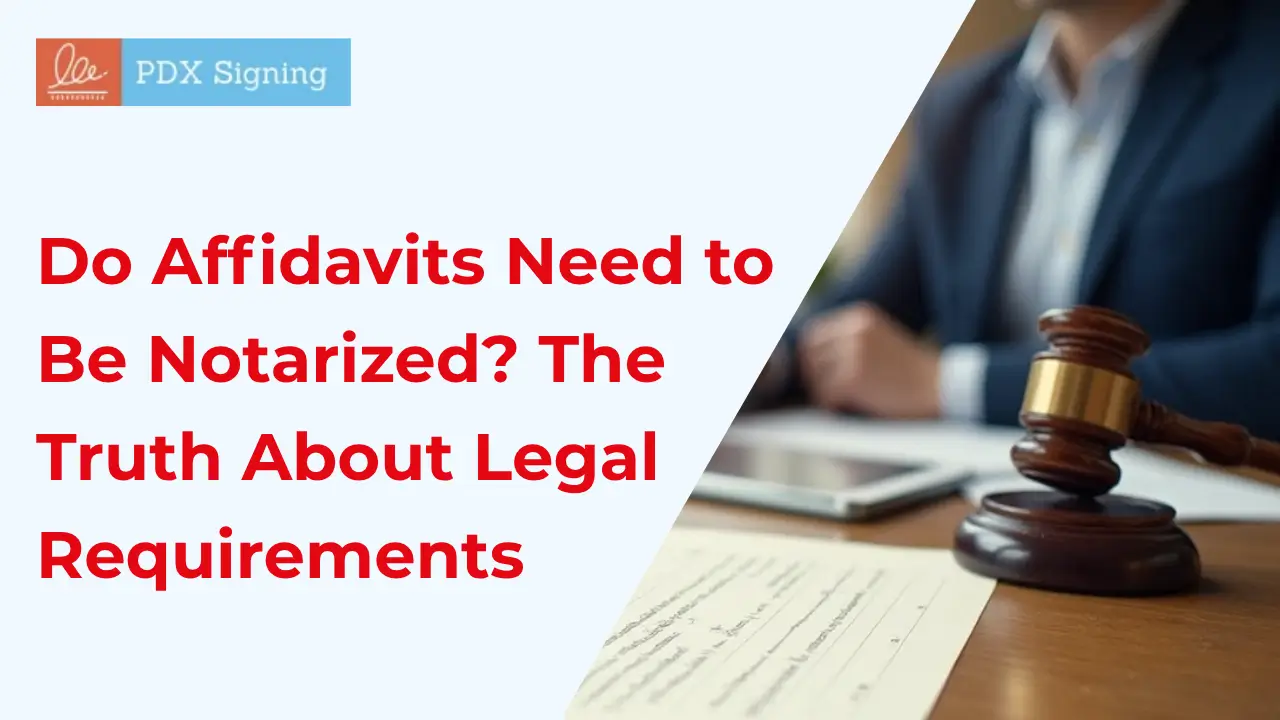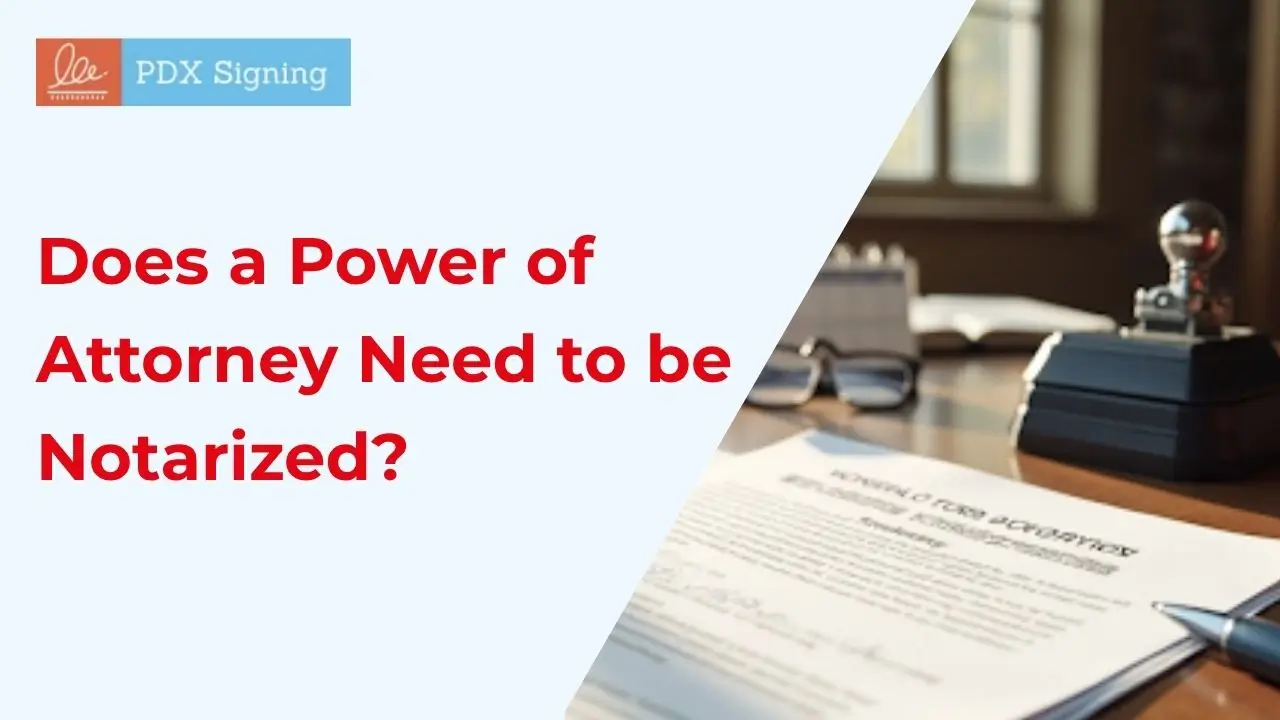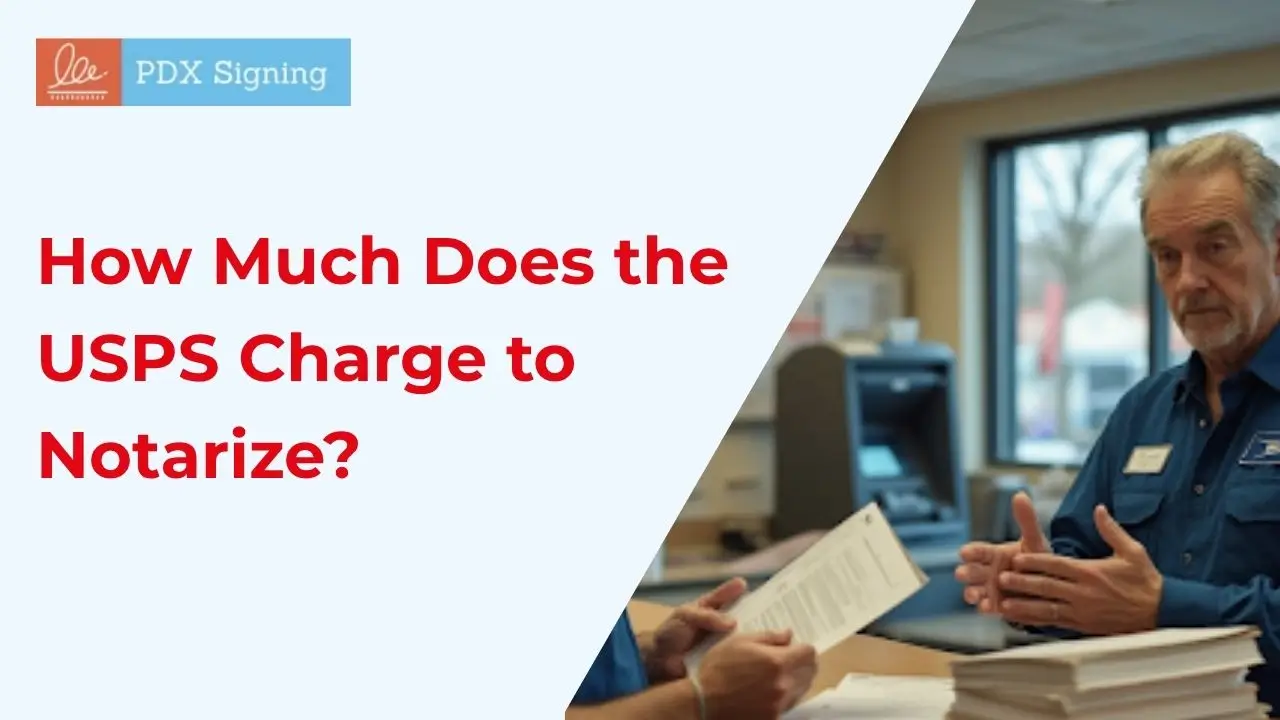Americans notarize 1.25 billion documents each year. This staggering number shows how vital notary signatures are to our legal system. Many people still don’t understand what makes these signatures so powerful.
Getting a document notarized works like in swearing under oath in court. The process adds security to vital documents such as wills, property deeds, powers of attorney and business contracts. Notary signature requirements need identity verification, signature witnessing and assessment of the signer’s mental state. Remote online notarization has gained popularity lately. People can now get their documents notarized 24/7 without meeting anyone in person.
This piece explains what notarized signatures look like and where to get them. You’ll learn why this simple mark carries such legal weight to prevent fraud and ensure document enforceability.
What is a Notary Signature and Why It Matters
A notary signature means much more than just a mark on paper. It officially certifies and turns an ordinary document into a legally binding one. The notary public’s signature proves that proper verification steps were followed when executing the document.
The absence of a notary signature can void a document completely. This vital element verifies that the signer:
- Appeared personally before the notary
- Was properly identified
- Signed willingly and knowingly
- Understood the document’s contents
Types of Notary Acts and Their Purposes
| Type of Notarization | Primary Purpose | Common Documents |
| Acknowledgment | Certifies signatures belong to signers present before the notary | Real property deeds, powers of attorney, trusts |
| Jurat | Signer swears/affirms statements in the document are true | Affidavits, legal attestations[52] |
| Certified Copy | Certifies a copy is true, exact and complete as the original | Birth certificates |
Notaries public do more than witness signatures – they help prevent fraud. Their signature and official seal turn a standard document into one with legal recognition. The notary’s role as an impartial witness adds substantial legal weight to the document.
Notary signatures provide vital protection in our legal system. A notary’s seal on a document shows they verified the transaction’s authenticity and proper execution. This verification helps prevent future disputes.
Many people think notaries verify document contents. Their main goal is to confirm the identity and willingness of signers. The notary signature doesn’t validate the document’s accuracy but confirms proper execution procedures.
Legal transactions that need absolute certainty about signer identity and intent rely on notary signatures as a safety measure. Their impartial verification confirms signature authenticity and creates a strong barrier against fraud.
Legal Framework and Requirements for Notary Signatures
State laws about notary signatures differ substantially across the country, but some basic principles stay the same everywhere. Each state sets its own rules about how notaries should do their work and verify documents.
A proper notary process involves more than a simple signature – notaries just need to follow their state’s rules carefully. Most states require notaries to have an official seal or stamp with their name, when their commission ends, and the words “Notary Public”. 45 states require a notary seal, while only 5 states (Connecticut, Kentucky, Louisiana, Michigan, New York, and Vermont) don’t.
Record-Keeping Requirements
| Requirement | Details | States with Specific Mandates |
| Journal Maintenance | Record of all notarial acts | Most states require or strongly recommend |
| Entry Contents | Date, type of notarization, document description, signer information | California requires thumbprints for real estate documents |
| Storage | Must remain in notary’s possession | Cannot be shared with employers |
Journal keeping protects everyone involved. A California notary’s journal helped prevent homeowners from losing their property when a lender misplaced their loan documents. The notary could prove she had notarized the papers almost a year earlier.
Notaries bear personal responsibility for any mistakes or fraud in their work, so they must follow legal requirements carefully. Texas notaries must have a $10,000 bond to cover potential errors.
Legal violations often happen when notaries don’t make signers appear in person, fail to check IDs properly, or notarize documents for close relatives. These mistakes can lead to losing their commission, lawsuits, and criminal charges. One notary faced a $180,000 lawsuit because they accepted a photocopy instead of the actual ID.
Each state has its own rules, but a notary’s main goal stays the same: check who people are, make sure they want to sign, and keep detailed records of everything to protect legal documents.
The Notarization Process Explained

Notaries follow specific steps to verify document authenticity and check signer identity. You should know this process to prepare for your notarization appointment properly.
Core Steps in Every Notarization Process
Signers must meet the notary in person – a key requirement that stops fraud. The notary will get into your document to check its completeness. They make sure all pages are there and no blank spaces exist that someone could change later.
The notary checks your identity through acceptable ID documents. Most states accept government-issued photo IDs such as:
| Acceptable ID Types | Examples |
| State-issued ID | Driver’s license, ID card |
| Federal documents | U.S. passport, military ID |
| Government ID | State/county/local government ID |
The notary asks if you’re signing voluntarily and understands the document’s purpose. They complete the notarial certificate with their signature and official seal or stamp.
The notary records everything in their journal. The record has the date, type of notarization, document description, and your signature.
Traditional vs. Remote Notarization Options
| Method | Process | Documents | Requirements |
| Traditional | In-person, paper documents | Signed in ink | Physical meeting |
| Remote Online (RON) | Audio-visual technology | Electronic documents | Multi-factor authentication |
Remote online notarization helps people who can’t meet in person. This method needs secure video communication and advanced identity checking through credential analysis and knowledge-based authentication.
Notaries might refuse service if signers aren’t present, IDs aren’t adequate, documents have blank spaces, or they think signers don’t understand the document’s purpose.
The completed notarization changes an ordinary signature into a legally verified notary signature. This gives the document proper authentication and legal recognition.
Conclusion
The Critical Role of Notary Signatures in Our Legal System
Without doubt, notary signatures are the backbone of our document authentication system and provide vital protection against fraud. Our exploration shows how these signatures turn ordinary documents into legally binding instruments that carry significant weight.
A notary signature confirms proper protocols during document execution. It verifies identity, shows willingness, and proves understanding. On top of that, it creates detailed record-keeping requirements that protect everyone involved. A Texas notary’s detailed records helped homeowners keep their property when a lender lost important papers—proof of how well the system works.
State requirements may differ, but the basic purpose stays the same: protecting document integrity through unbiased verification. This process creates a reliable shield against fraud, whether done in person or through remote online options.
Note that notaries don’t confirm document content before your next notarization. They authenticate the signing process itself. This difference shows why good preparation matters. Bringing the right ID and complete documents helps avoid delays or rejections.
Those 1.25 billion notarized documents each year mean more than just paperwork. They represent trust and legal certainty that help property deals, business contracts, and personal legal matters move forward confidently. The simple notary signature might go unnoticed, but it remains the life-blood of our legal infrastructure.
Need a trusted notary to protect your most important documents?
At PDX Signing, we understand the vital role a notary signature plays in securing legal certainty. Whether you’re finalizing a real estate deal, authenticating a power of attorney, or handling personal legal paperwork, our experienced notaries are ready to help—in person, online, or at your doorstep.
Schedule your notarization with PDX Signing today. Experience peace of mind, legal protection, and professional support—all in just a few clicks.






